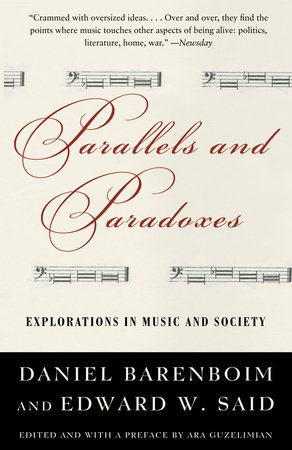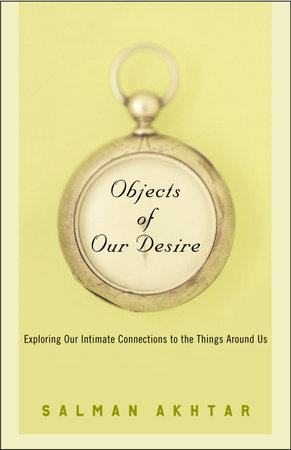

Objects of Our Desire
By Salman Akhtar
By Salman Akhtar
Category: Psychology | Self-Improvement & Inspiration

-
Dec 18, 2007 | ISBN 9780307421364
YOU MAY ALSO LIKE
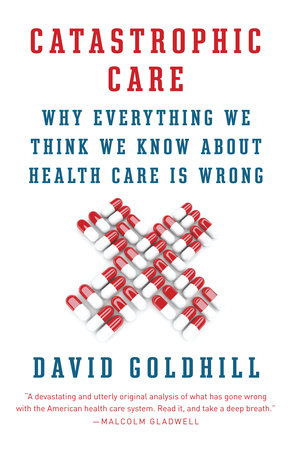
Catastrophic Care
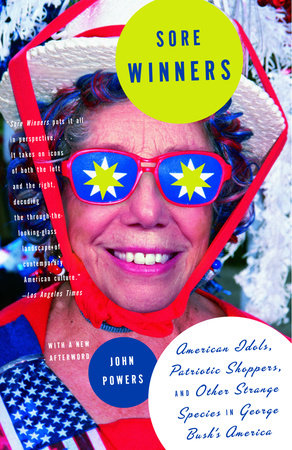
Sore Winners
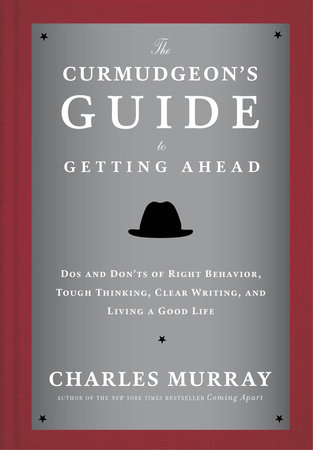
The Curmudgeon’s Guide to Getting Ahead

Sanford Meisner on Acting

Painting Brilliant Skies & Water in Pastel
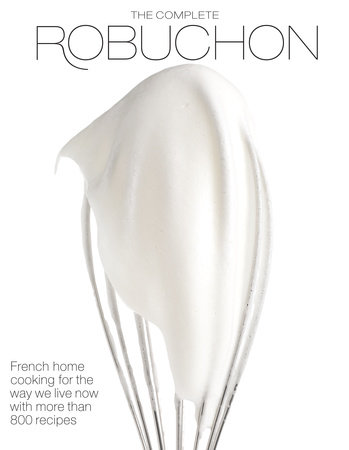
The Complete Robuchon
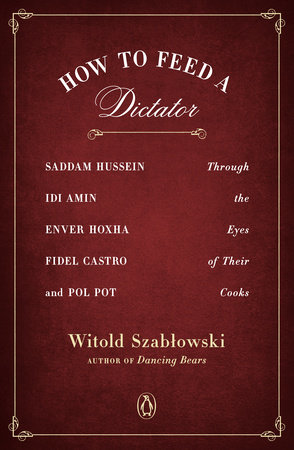
How to Feed a Dictator
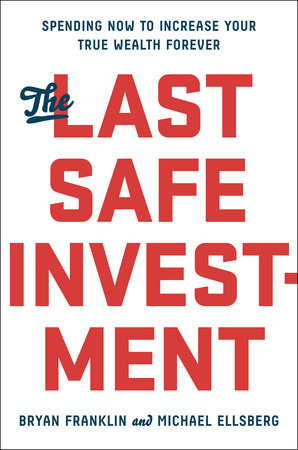
The Last Safe Investment
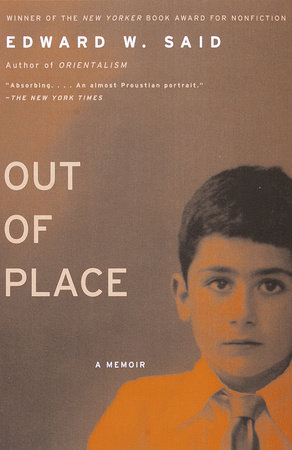
Out of Place
Praise
"In this book, dedicated to his mother’s gramophone, psychoanalyst and poet Akhtar (Jefferson Medical Coll.; Immigration and Identity ) takes readers on a quirky tour of the ordinary objects that populate our lives. From dolls to dentures to dead bodies, any object can be significant to its owner’s physical and emotional well-being and provide insight into a personality. Akhtar starts by exploring the way that people acquire or collect objects and concludes with the way they lose them or give them up. In between, he discusses what makes an item nostalgic, sacred, sexy, hybrid, or fake. He considers various nuances-for instance, the correlation between sacred objects and beauty-in each category. Because he bases his assertions on a mixture of studies, personal anecdotes, and examples from history, literature, science, religion, art, and popular culture, readers may disagree at times. Nevertheless, they can still ponder Akhtar’s psychosocial interpretations of our relationship with the objects around us. His skillful layering of stories also makes for an engaging, recreational read."
—Library Journal
Let others collect stamps or matchbook covers. Akhtar will collect collectors. Laying out his specimens with great care, this distinguished psychiatrist probes the diverse reasons one woman collects Dalmatians, one man collects fruit stickers, and one couple collects turtles. In this foray into the psychology of acquisition, Akhtar helps us understand how humans assuage their nostalgia, pacify a craving for the beautiful, or stimulate the libido by acquiring things. He shows how some acts of acquisition help bind communities together in share appreciation, while others–such as those involving pornographers–threaten our sense of mutual respect. And although the hybrid objects born of cultural change can embody maturity and understanding, they can provoke insecure fundamentalists to rage and violence. And among the world’s displaced refugees, Akhtar diagnoses a pain caused not as much by confrontation with unfamiliar objects as by loss of cherished ones. —Booklist
21 Books You’ve Been Meaning to Read
Just for joining you’ll get personalized recommendations on your dashboard daily and features only for members.
Find Out More Join Now Sign In






